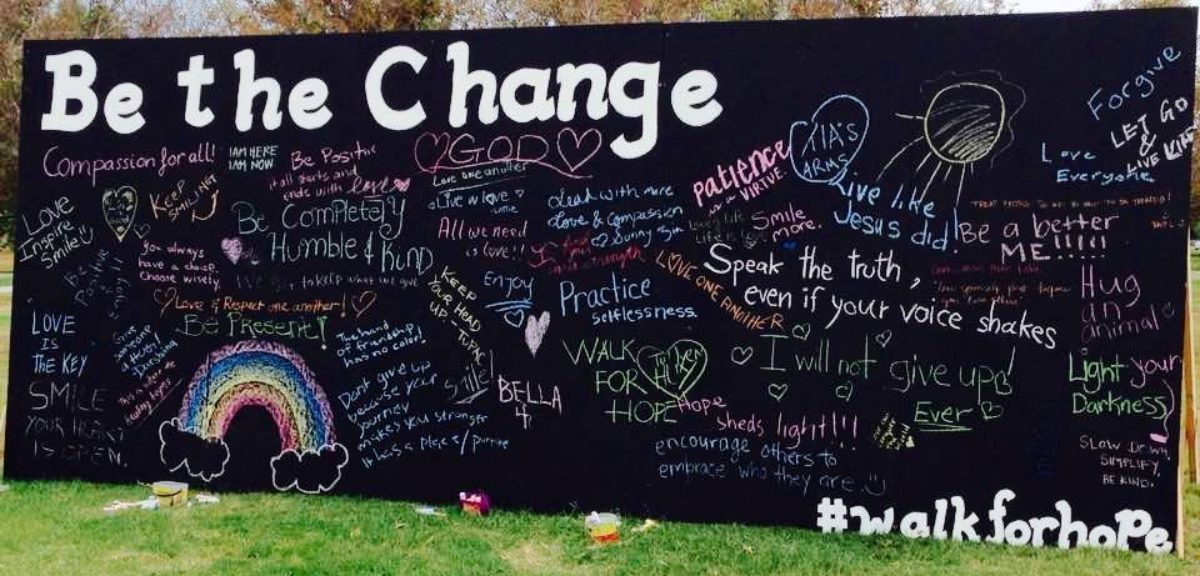Prisoner of War
The September 12th edition of “To the Point” took issue with a question many voters seem to be grappling with regarding John McCain, his POW experience and how it impacts his presidential potential. Although the talking heads concurred that being a POW is not a prerequisite for presidency, they disagreed as to whether McCain had actually learned anything from this experience; will it translate into better foreign policy? On one hand, there’s the argument that McCain’s a stand-up kind of guy, who will sacrifice his own body out of loyalty to his country, who will suffer with his brothers and endure torture at the hands of his enemies. Are we to interpret this to mean that McCain is an extraordinary patriot who would do the same for those who are poor and suffering, struggling to scrape by everyday? On the other hand, a commentator or two argued that he has failed to realize the futility of the Vietnam war and apply that to what’s happening in Iraq today; he learned nothing at all.
McCain described his POW experience in this article, originally published in 1973 (laden with all the racist, derogatory comments an American soldier would feel toward a foreign enemy). In it he states, “I had a lot of time to think over there, and came to the conclusion that one of the most important things in life—along with a man’s family—is to make some contribution to his country.” I’ve searched the 17-page article for something more meaningful and insightful, but this is it.
Last Sunday, I had the opportunity to listen to another perspective on the Vietnam war. I too attended the retreat at Deerpark Monastery, where in the Ocean of Peace meditation hall, we watched a DVD of Thich Naht Han’s talk on world peace. Thich Naht Han is a Buddhist monk who founded the School of Youth Social Service during the Vietnam war, which rebuilt bombed villages, set up schools and medical centers and resettled homeless families, among other things; tragically, they too were among those murdered during the war. He left Vietnam in 1966 on a peace mission in Europe and America, and was forbidden to return. I remember reading a story of how he was alone in a field one day, when an American soldier approached him and held a gun to his head. Thich Naht Han remained calm the whole time, realizing in his great wisdom, that the soldier had done so because he was afraid. He didn’t know whether he was a civilian or Viet Cong. Thich Naht Han had used compassion and understanding to transform the soldier’s fear, and eventually he was left alone.
Deep compassion and understanding, loving-kind communication and deep listening are Thich Naht Han’s concrete solutions for peace — not just on a global level, but also interpersonally. While it may be unrealistic to expect our world leaders to use these tools, I want to be able to have that hope. Ultimately, based on how McCain has described his POW experience, I don’t believe he can translate it into a policy that will lead to peace. I still hear his sense of victimhood, even martyrdom and arrogance. Is it too great a leap for him to go beyond this?
There’s a lot to be debated and discussed about the upcoming election and presidential candidates. Yet, this one monk’s perspective is so simple. So beautiful that I want it to become a reality in my own life. Peace begins here and now. As I think about the dynamics of forgiveness, realizing that perpetrators of a wrong suffer just as much as their victims and that it’s ok to ask “Why?” and “What did I do?” and not being afraid of the answers, I know eventually that peace will come. This path requires a lot more work than simply extinguishing our opponents or enemies with a rifle. It requires that we stop looking at things in terms of wrong vs. right, good vs. evil. American vs. Vietnamese; American vs. Iraqi. We can be all prisoners of this dualistic way of thinking, each enduring the feelings of anger, fear and hatred that torture our hearts. This isn’t a badge of honor; to go on this way is to remain locked in a cycle of violence. What else can we each do to get our community, our country out of it?
